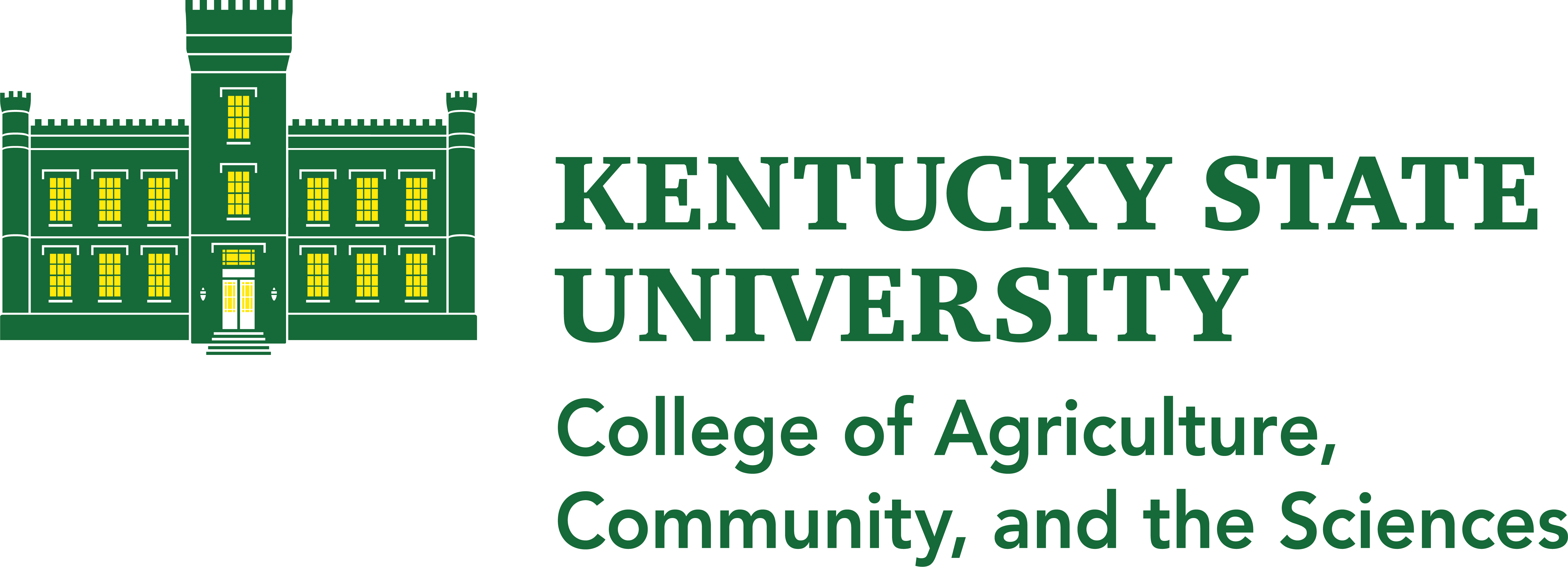Soil Testing
How to Collect Soil Samples for Testing
Developed by Traci Johnson, Oldham County Agriculture Extension Agent
Collect soil for testing using the following guidelines:
- For plowed or tilled areas - collect soil from top 6 - 8 inches of soil.
- For non-tilled areas (lawn, pasture, no-till and minimum till-crops) - collect soil from the top 3 - 4 inches of soil.
- Avoid collecting soil from areas where nutrient levels may be skewed (livestock feeding areas, compost piles, tree driplines, areas adjacent to streets or areas where deicers have been applied)
- Consider sampling problem areas separately. For example, if there is variation in soil type or drainage characteristics in one part of a yard vs. another, then submit a soil sample from each area.
- Use a clean, dry plastic bucket to collect samples. Do not use rubber or galvanized buckets to collect or mix soil.
- Collect soil randomly across entire area (field, lawn, garden, pasture, etc.) and mix to represent each area soil sample. Pulling soil from only 1 or 2 spots may not give an accurate representation of soil nutrient levels. Pulling soil randomly from across entire area will give more accurate results.
- Remove twigs, grass, leaves, etc. from sample.
- Allow soil to air-dry. Do not artificially dry samples.
- Bring enough soil to fill a zip-lock sandwich bag to our office for testing. Office is located at 207 Parker Drive, La Grange.
- The current fee is $10.00 per sample for testing services at Oldham County Extension. Vouchers may be available to cover this fee from the Oldham County Conservation District and Oldham County Extension.
- Residents may borrow soil probes for sampling. This is a time saving tool when sampling many areas/fields.
- Questions? Call (502) 222-9453.

